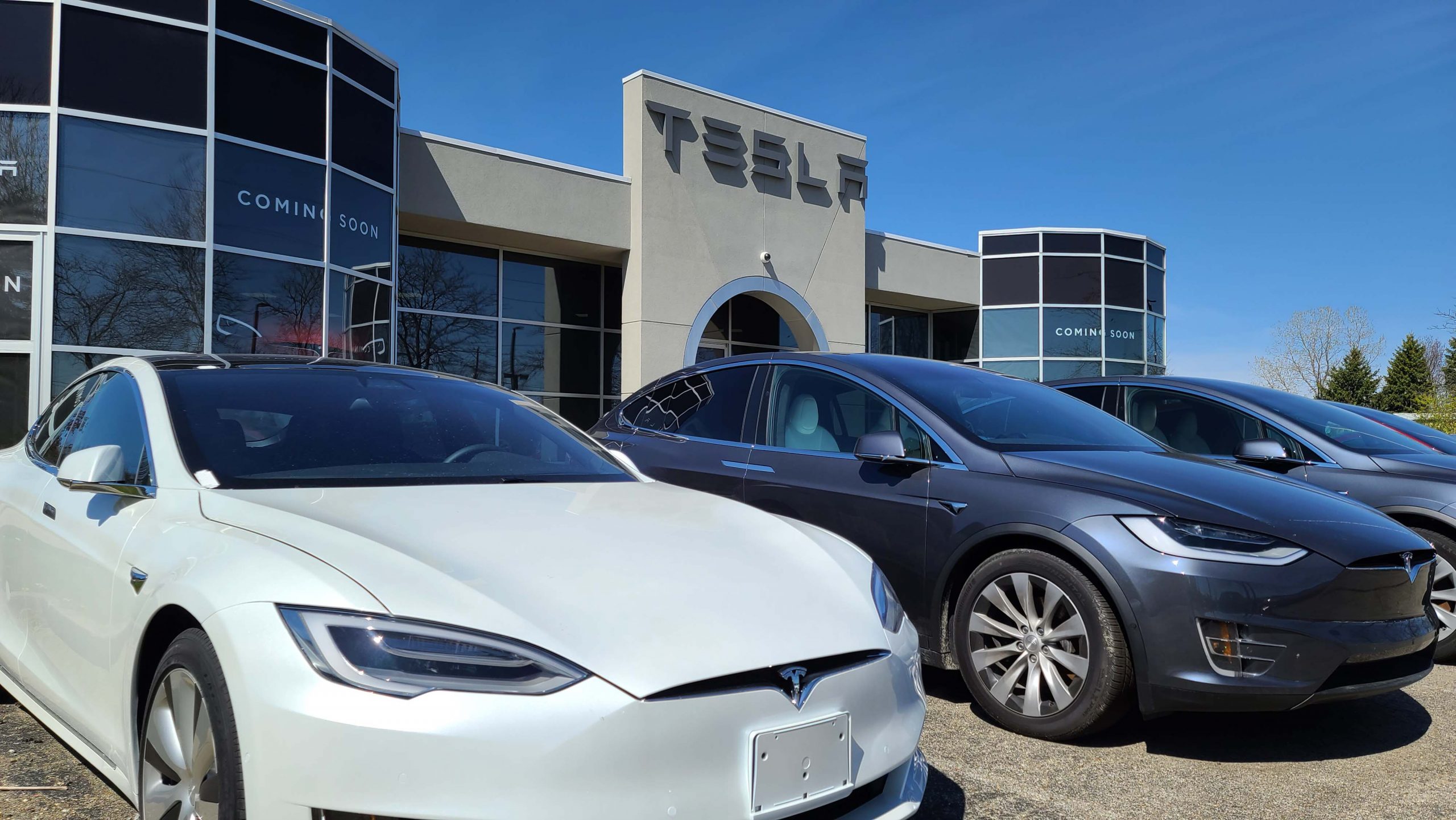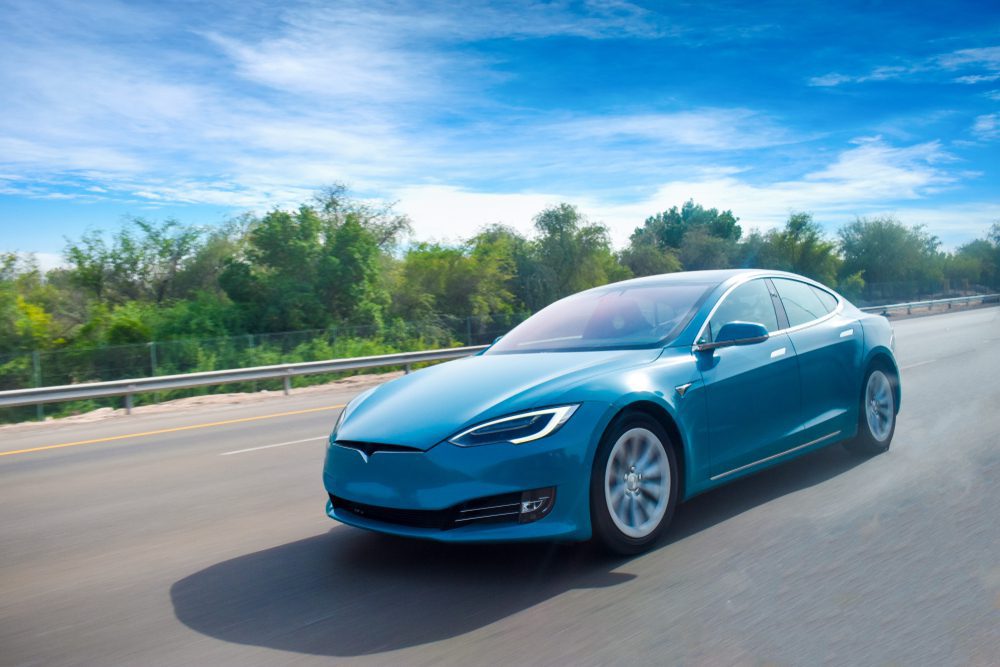Recalls continue to hamper EVs, and being the world’s highest-volume electric car maker doesn’t seem to make it any easier. Tesla has issued two recalls this week, and the Chevrolet Bolt EV production has yet to resume after one of the most expensive – if not the most expensive – recall issued last year. These ongoing concerns bring EVs into the spotlight and draw concern from the industry and the public about long-term viability and safety.
FSD recall for Tesla
 On Tuesday, Tesla announced a recall of more than 50,000 vehicles due to problems with self-driving software. The recall impacts Model S, X, 3, and Y units that are equipped with a beta version of the brand’s “full self-driving” feature. Affected models are programmed to allow the car to slowly roll through a stop sign if certain criteria are met. Called “rolling stop” by Tesla, vehicles may be able to enter an intersection at speeds up to 5.6 mph if no other vehicles, pedestrians, cyclists, or other obstacles are detected, and only when set to “average” or “assertive” within the FSD system.
On Tuesday, Tesla announced a recall of more than 50,000 vehicles due to problems with self-driving software. The recall impacts Model S, X, 3, and Y units that are equipped with a beta version of the brand’s “full self-driving” feature. Affected models are programmed to allow the car to slowly roll through a stop sign if certain criteria are met. Called “rolling stop” by Tesla, vehicles may be able to enter an intersection at speeds up to 5.6 mph if no other vehicles, pedestrians, cyclists, or other obstacles are detected, and only when set to “average” or “assertive” within the FSD system.
The National Highway Traffic Safety Administration issued a statement, saying, “The Vehicle Safety Act prohibits manufacturers from selling vehicles with defects posing unreasonable risks to safety, including intentional design choices that are unsafe. If the information shows that a safety risk may exist, NHTSA will act immediately.”
While not directly related to EV technology but, rather, AV development, the recall is another black mark for the carmaker. The recall won’t require customers to require service as it will be updated over-the-air.
Seat belt reminder recall affects 800,000 Tesla vehicles
On Thursday, yet another Tesla recall was announced that affects all Model 3 and Model Y vehicles as well as certain 2021-22 Model S and Model X units. The recall notice on the NHTSA website points to an issue with the states, “A software error may prevent the chime from activating upon vehicle start under certain circumstances. This condition is limited to circumstances where the chime was interrupted in the preceding drive cycle and the seat belt was not buckled subsequent to that interruption.”
Again, the remedy is an update of Tesla firmware, conducted OTA, and estimated for deployment this month. While minor in both the effect and the repair, it presents a safety issue that’s once again not directly related to EV tech but is certainly due to the software-based nature of electrified vehicles.
Chevrolet Bolt EV production still idled after battery recalls
| Related: Chevrolet Bolt recall highlights pitfalls for early EVs, opportunity for dealers |
After issuing a massive multi-billion-dollar recall over the risk of fires in the Chevrolet Bolt EV and EUV, production of the models continues to be idled through the month of February. Sales of these electric cars have been halted indefinitely while the company focuses on repairs to the 140,000-plus units affected.
Rumors have swirled as of late that the Bolt models will be discontinued, however, no official word has been made. Along with Factory ZERO, new plans for the Orion Assembly Plant where Bolts are built include the production of Chevy and GMC electric pickups.
These recalls may represent a fraction of the EVs on the road today, but seeing news of issues among electric cars and the carmakers who build them has the potential to erode trust. The route to mass adoption will need these hurdles cleared before the general public can be expected to place their faith in an electrified future.
Did you enjoy this article from Jason Unrau? Read other articles on CBT News here. Please share your thoughts, comments, or questions regarding this topic by submitting a letter to the editor here, or connect with us at newsroom@cbtnews.com.
Be sure to follow us on Facebook and Twitter to stay up to date or catch up on all of our podcasts on demand.
While you’re here, don’t forget to subscribe to our email newsletter for all the latest auto industry news from CBT News.









